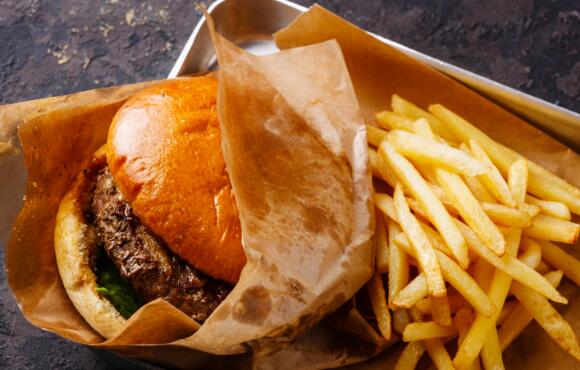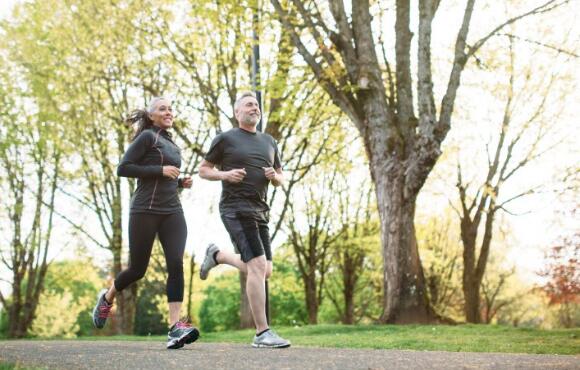Mental Toughness
1 of 6
"Some runners get real comfortable with their running. They think getting faster should come naturally over time," says USATF and USAT certified coach Lisa "Trixie" Taylor.
"To truly get faster you need to be able to push through barriers—mind barriers, pain barriers. Athletes' bodies can do pretty amazing feats. They just need to turn their brains off when it starts to get uncomfortable. Your mind gives up way before the body will. Training the mind, for some athletes, is almost as important as training the body."
To mentally prepare for races or hard training runs, a lot of athletes turn to visualization. Visualizing yourself running well on race day can help prep your mind for when you get to the start line. Deep breathing techniques can also help calm your nerves before an event. Take five deep breaths before you start your race to help relax your breathing and your mind.
Find:
Your Next RaceRunning Too Fast, Too Often
2 of 6
"Most runners spend too much time training between zones," says Maria Williams, owner of On Track Running Academy and a Road Runners Clubs of America (RRCA) certified coach.
In other words, we're taking our easy days too hard.
"Endurance sports is primarily aerobic, so without a tremendous aerobic base, they throw themselves into speed work before their body is ready for it. Easy runs should be done at 70 percent of heart rate max with an overall goal of sprinkling in speed work that is hard. Hard days, hard. Easy days, easy."
So how should runners fix this?
"If you want to get faster, build an aerobic base, then sprinkle in harder stuff like you'd sprinkle salt on your food," she says. "It takes an incredible amount of confidence and self-discipline to run easy."
Find:
Your Next RaceDiet
3 of 6
Yes, it has to be mentioned. At this point, all runners should know that diet is a crucial part of their training.
"One reason you may be struggling to break through a plateau is proper nutrition," says RRCA certified coach Katherine Avan. "Eating the right amount of high quality foods is essential in taking it to the next level.
"The foods used to fuel our bodies should allow us to get the most out of each workout and recover quickly enough so that we are ready to take on the next work load. Eating too much of the wrong foods or eating too little through diet restriction can definitely impede progress."
If you aren't sure what foods are best for your performance, seek a nutritionist who specializes in working with athletes. They can set you on the right path.
Find:
Your Next RaceVarying Your Training
4 of 6
Albert Einstein once characterized insanity as "doing the same thing over and over again and expecting different results."
Who knew he was talking about running?
"If you stick to the same type of training, the body will not get the novel stress it craves to make adaptations," says USAT certified coach Maria Simone. "So, even if your key race is longer, there is a real speed benefit to doing shorter track work—such as very hard 200s and 400s. Similarly, if your key race is shorter, such as a 5K, and all you do is run short sets, you are missing out on some key endurance adaptations that come from longer, aerobic runs."
If you've been training the same way for several cycles without seeing improvement, seek out a running coach or read up on different approaches to training.
Find:
Your Next RaceAge
5 of 6
"This is why there are age groups and you get more time to qualify for the Boston Marathon every five years," says RRCA certified coach and over-50 runner Steve Swift.
On the plus side, studies have shown that runners over the age of 40 do not show a dramatic slow-down. One study from 2010 put the slowdown at about 0.2 percent per year, while another study from 2004 calculated the slowdown at 1-1.4 percent per year.
"Of course, this can be mitigated with stretching, speedwork and strength training," says Swift.
Find:
Your Next RaceGet ACTIVE on the Go


Couch to 5K®
The best way to get new runners off the couch and across the finish line of their first 5K.
Available for iOS | Android






Discuss This Article